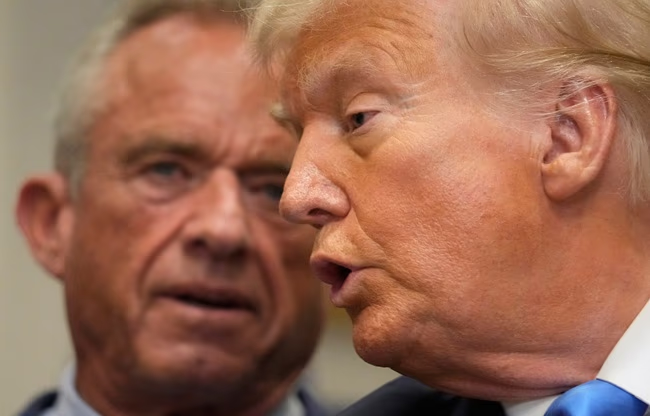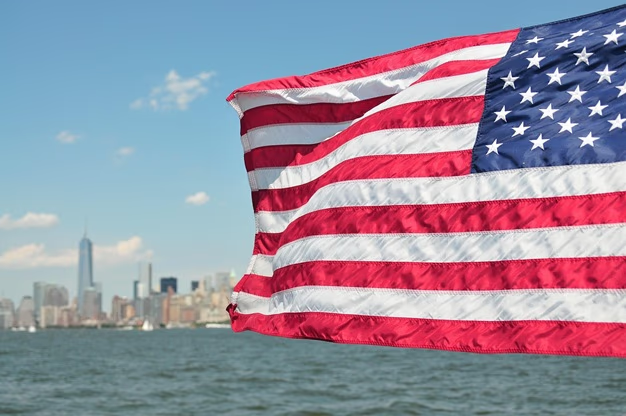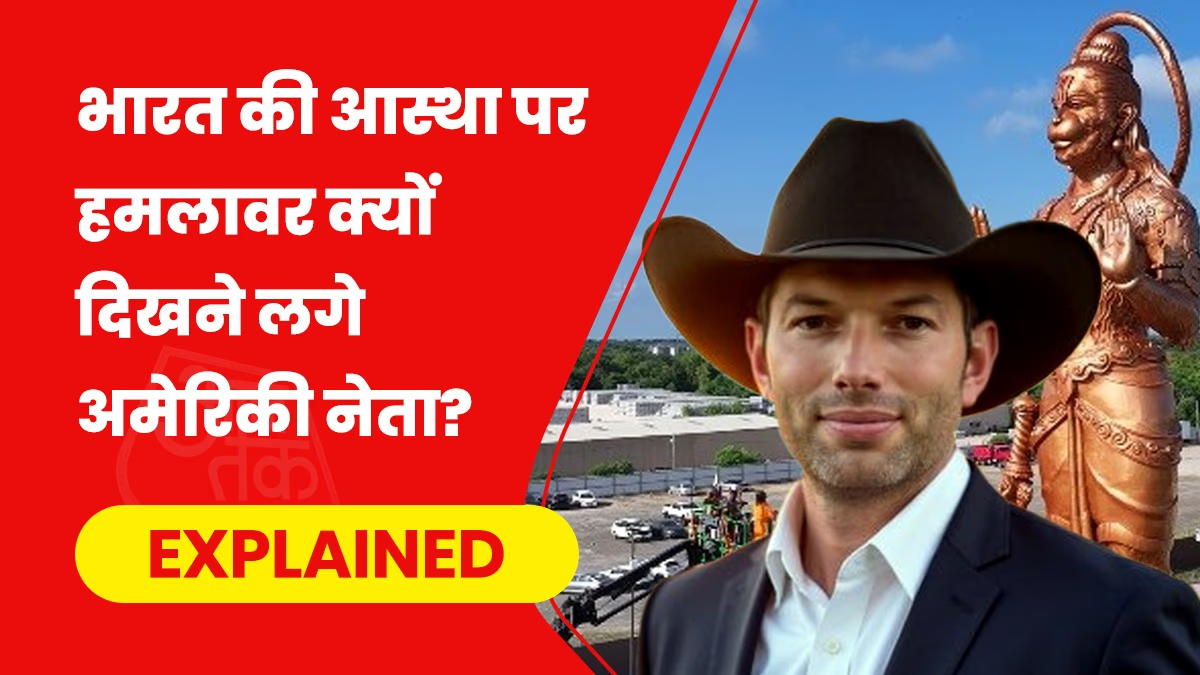Since assuming office, Donald Trump has adopted an aggressive stance towards India. Initially targeting the growing population of immigrants, he also instigated a unilateral tariff war. His party leaders are now amplifying these tensions. Recently, party leader Alexander Duncan raised objections against the Hanuman statue in Texas.
Duncan argues that being a Christian nation, America should not host such statues. He further provoked sentiments by labeling the statue as a representation of a 'False Hindu God.'
Responses to the Opposition
Unveiled last August, the bronze statue, known as the "Statue of Union," is the third-largest in America. Nicknamed for Hanuman’s pivotal role in reuniting Lord Rama and Sita, its inauguration sparked resistance from local churches, branding it a 'demon god.' Despite being part of a temple complex, its towering stature is visible from afar, further aggravating extremist groups.
The Politician's Provocative Statement
While religious communities expressed criticism, it was Trump’s party leader who fanned the flames. Alexander Duncan, a Republican leader, continues to engage in discussions. In a bid to win over majority voters, Duncan targeted Indians with his remarks on X, questioning why a 'false statue' remains in a Christian country. He bolstered his point with a Bible excerpt.
Although Trump has not publicly commented on the statue, his silence is interpreted as tacit agreement, particularly as he maintains an aggressive stance against the Indian populace.

Source: aajtak
Subsequently, Hindu American organizations began protesting. They deemed Duncan’s remarks anti-Hindu and inflammatory, demanding an apology. Social media now showcases divided opinions on this issue. One side demands the removal of Hindu deities, displaying growing extremism; the other comprise American Hindus opposing such measures.
So, is America Officially a Christian Nation?
And if so, to what extent can minorities publicly practice their faith?
The U.S. is often perceived as a Christian nation by population, but not officially. The Establishment Clause of the Constitution prevents the government from recognizing any religion as official. Thus, America remains a secular democracy, though a Christian majority may influence cultural and social norms, it should not affect legal frameworks.

Source: aajtak
Another Dimension
Although religious freedom exists, minorities face limitations. Take the Texas Hanuman statue—permission is needed for public festivals or high-rise statues. Zoning laws dictate festival locations, requiring community approvals often provided by local leaders. Even with approvals, ceremonies causing discomfort to other communities can be halted by local administration to uphold religious and social harmony.
Regarding Hanuman’s statue, multiple permits were obtained—from city council to state authority and legal permissions. Despite this, controversies persist, driven by existing tensions that some leaders exploit.
Comparison with Official Religion Nations
In countries with official religions, minorities typically receive fewer religious concessions. However, constitutional liberties play a role. Take Islamic nations; despite religious fervor, minorities can practice their faith discretely, celebrating festivals within boundaries, provided they don’t inconvenience others. Public worship permissions are seldom granted.




